About Us
China’s global reach has been steadily expanding over the last decade. Arguably, it has upended the old Western-led world order, creating a multi-polar global structure. The China’s Global Impact Project
aims to assess and understand interesting and topical changes to global, regional and local power structures that China’s emergence as global actor brings about. The analyses published in this series are written by young international researchers and offer unique political and economic perspectives on how China affects different parts of the world. The selection of papers is curated by Prof. Dr. Heilmann, Chair for Government and the Political Economy of China at the University of Trier.
01
Most Recent Papers
Analysis of China's global footprint
The Sino-U.S. Trade War
Who Will Blink First
Besides rattling financial markets, distressing exporting industries, and inducing headaches amongst economists, the Sino-U.S. trade dispute has created a need for research concerning the likely macroeconomic and financial forces weighing on the two markets and their governments. Moreover, the political nuances of the two distinct systems of government and their respective policy options in a drawn-out trade dispute may need to be better understood before attempting projections regarding a conflict in which politics may very much trump economics. This paper utilizes said approach, wherein market dynamics, policy options, and short- to long-term political strategies are incorporated into a hypothesis as to the future path of trade between the People’s Republic of China (PRC) and the United States of America (USA).
Chip War
Taiwan’s role in China's Semiconductor Industry Policy
The trade war between China and the US is escalating into a technology war, which unveils how important it is for China to break the dependence on the import of the crucial semiconductors or Integrated Circuit (IC) components. Why does the chip matter for both countries? Because the chip is the foundation of the digital world. The development of Robots, AI and IoT became possible because of this chip. Therefore, it is crucial for China to have a self-sufficient semiconductor industry.
The Race for AI Leadership
What Europe can learn from Chinese government policies
Within the last couple of years China has significantly narrowed the gap to the USA regarding AI technology. If we look at AI-related publications as an indicator of relative strength of each country, an intriguing picture emerges: China’s AI advancement is accelerating at a much quicker pace than Europe’s and even America’s. Keeping in mind that China’s technological transformation is intrinsically connected to the state, this paper will look at the general state of art in China and how the government supports AI developments.
